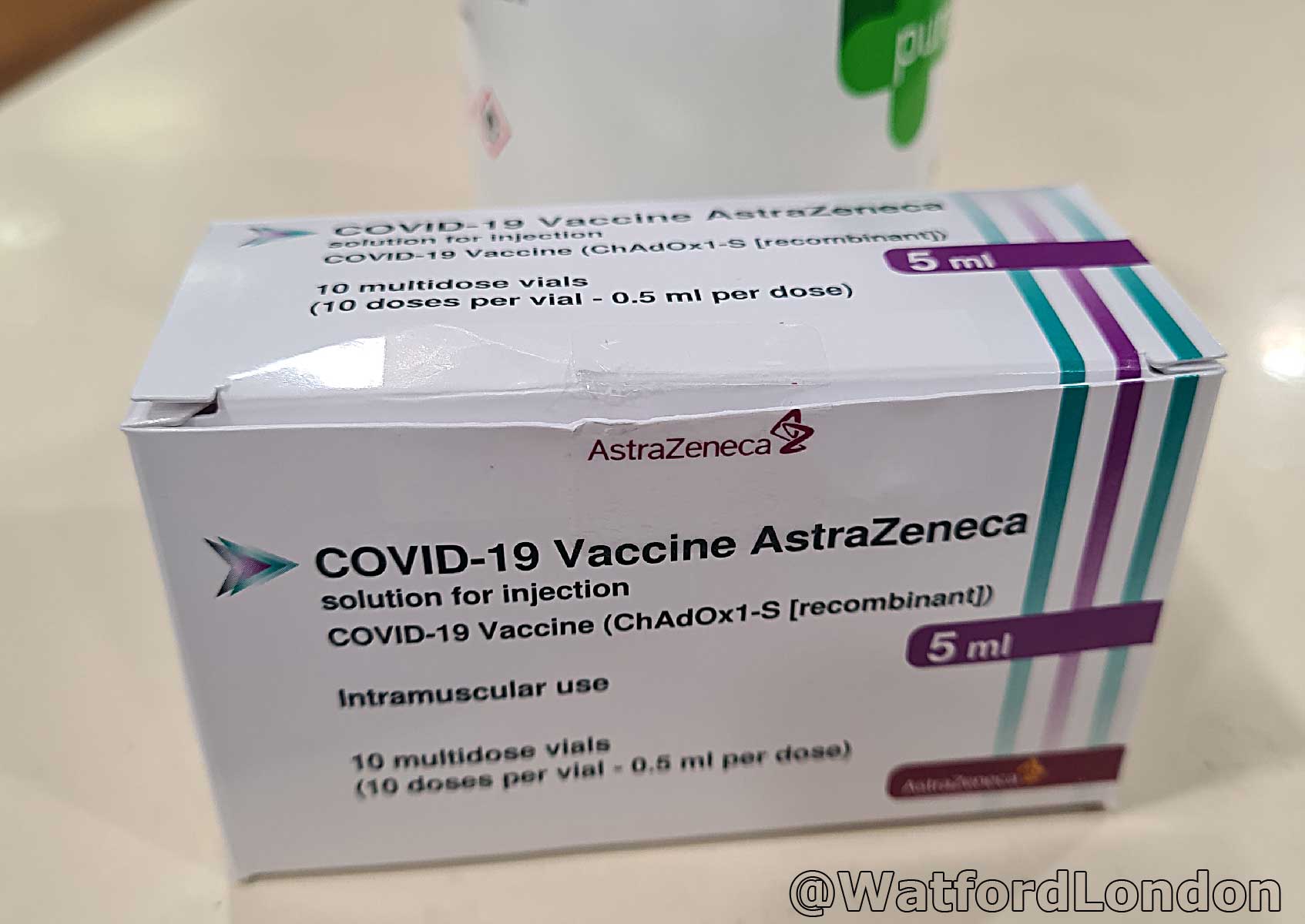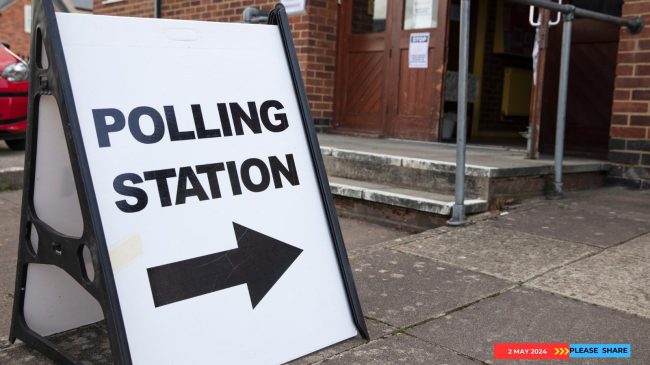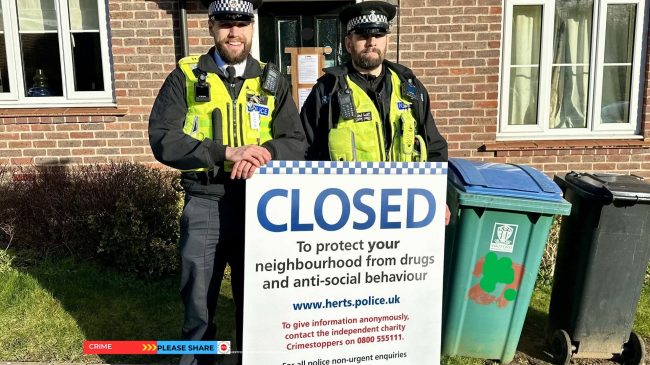COVID-19: 1.7 million doses retesting amid brain blood clot cases
Matt Hancock says a retest of 1.7 million doses are behind reduced vaccine numbers.
Specifically, the EMA said that seven cases of blood clots in multiple blood vessels and 18 cases of cerebral venous sinus thrombosis (blood clot in the brain’s venous sinuses) had been reported as of March 17.
An Investigation of the vaccine concluded it may be associated with very rare cases of blood clot
- Sinus vein thrombosis (CVST) describes the formation of a blood clot in the cerebral vein of the brain.
- Thrombocytopenia describes when a person has a lowered number of platelets, which are cells that help the blood to clot.
- 5 men in UK aged between 19 and 59, suffered CVST
- Germany 31 cases
- Spain: 3 cases including a woman complained of headaches for days ended up dying with a brain hemorrhage
Recommendations were made to include a new warning on the product leaflet about the possible risk of the clots.
People who experience a headache for more than four days after having the Oxford-AstraZeneca jab should seek medical attention, the UK’s medicines regulator has said.
While its investigation is ongoing, EMA currently remains of the view that the benefits of the AstraZeneca vaccine in preventing COVID-19, with its associated risk of hospitalisation and death, outweigh the risks of side effects.
Several countries have suspended use of AstraZeneca’s coronavirus vaccine followingan increase in Brain bloodclots.
France, Italy, Germany, the Netherlands and Indonesia fear “serious blood clotting in adults” after recipients suffered blood clots in the days and weeks that followed.
EMA’s today had an extraordinary meeting of the Pharmacovigilance Risk Assessment Committee (PRAC) which made progress on Tuesday 16 March, in its detailed evaluation of cases of blood clots in recipients of COVID-19 Vaccine AstraZeneca.
The evaluation is looking at the available data related to all thromboembolic events reported after vaccination. National agencies are providing additional support to gather missing and incomplete information as quickly as possible, particularly where it relates to these unusual cases.
Rapid and thorough analysis of the available data and clinical circumstances surrounding specific cases is continuing, to determine whether the vaccine might have contributed or if events are likely to have been due to other causes.
Today the UK regulator, following a rigorous scientific review of all the available data, said that the available evidence does not suggest that blood clots in veins (venous thromboembolism) are caused by COVID-19 Vaccine AstraZeneca. This follows a detailed review of report cases as well as data from hospital admissions and GP records. This has been confirmed by the Government’s independent advisory group, the Commission on Human Medicines, whose expert scientists and clinicians have also reviewed the available data.
A further, detailed review into five UK reports of a very rare and specific type of blood clot in the cerebral veins (sinus vein thrombosis) occurring together with lowered platelets (thrombocytopenia) is ongoing. This has been reported in less than 1 in a million people vaccinated so far in the UK, and can also occur naturally – a causal association with the vaccine has not been established.
The MHRA’s advice remains that the benefits of the vaccines against COVID-19 continue to outweigh any risks and that the public should continue to get their vaccine when invited to do so.
Dr June Raine, MHRA Chief Executive, said:
We continually monitor safety during use of all a vaccines to protect the public, and to ensure the benefits continue to outweigh the risks.
Our thorough and careful review, alongside the critical assessment of leading, independent scientists, shows that there is no evidence that that blood clots in veins is occurring more than would be expected in the absence of vaccination, for either vaccine.
We have received a very small number of reports of an extremely rare form of blood clot in the cerebral veins (sinus vein thrombosis, or CSVT) occurring together with lowered platelets soon after vaccination. This type of blood clot can occur naturally in people who have not been vaccinated, as well as in those suffering from COVID-19.
Given the extremely rare rate of occurrence of these CSVT events among the 11 million people vaccinated, and as a link to the vaccine is unproven, the benefits of the vaccine in preventing COVID-19, with its associated risk of hospitalisation and death, continue to outweigh the risks of potential side effects.
You should therefore continue to get your jab when it is your turn.
While we continue to investigate these cases, as a precautionary measure we would advise anyone with a headache that lasts for more than 4 days after vaccination, or bruising beyond the site of vaccination after a few days, to seek medical attention.
However, please remember that mild flu-like symptoms remain one of the most common side effects of any COVID-19 vaccine, including headache, chills and fever. These generally appear within a few hours and resolve within a day or two, but not everyone gets them.
We will continue to robustly monitor all the data we have on this extremely rare possible side effect.
Professor Sir Munir Pirmohamed, Chair of the Commission on Human Medicines, said:
The independent COVID-19 Expert Working Group of the Commission on Human Medicines, together with leading haematologists, conducted a rigorous analysis of all available evidence regarding reports of blood clots (thromboembolic events) and COVID-19 Vaccine AstraZeneca.
Our review has found that the available evidence does not suggest that blood clots are caused by COVID-19 Vaccine AstraZeneca.
We have been closely reviewing all reports of blood clots in the vein (venous thromboembolism, or VTE) following vaccination. There is no evidence either that VTE is occurring more often in people who have received the vaccine than in people who have not, for either vaccine.
However, we will continue to closely monitor the reports where cerebral sinus venous thrombosis has occurred in conjunction with lowered platelets to understand whether there is any potential association. This type of blood clot can rarely occur naturally in unvaccinated people as well as in people with COVID-19 disease. In the UK, 5 possible cases of this have been reported to us so far, after 11 million doses of COVID-19 Vaccine AstraZeneca.
Further work with expert haematologists is under way to further understand the nature of these cases and whether there is a causal association with any of the vaccines. Given the extremely rare rate of occurrence of these events, the benefits of the AstraZeneca COVID vaccine, with the latest data suggesting an 80% reduction in hospitalisation and death from COVID disease, far outweigh any possible risks of the vaccine in the risk groups currently targeted in the UK.










